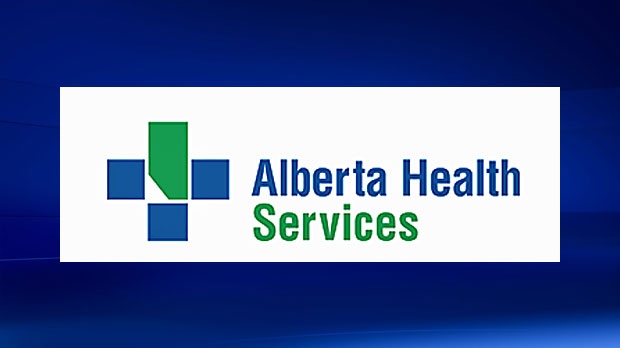By Jeremy Appel, Local Journalism Initiative Reporter
(ANNews) – Alberta Health Services (AHS) marked National Indigenous Peoples Day by announcing an expansion of support for Indigenous spiritual practices in its facilities.
The Truth and Reconciliation Commission report’s Calls to Action 18 to 24 deal specifically with the health-care system, including a call to incorporate Indigenous healing practices.
On June 21, AHS unveiled its new Patient Access to Indigenous Spiritual Ceremony policy.
“Indigenous world views are vast and diverse and may vary substantially. As such, Ceremony requests may include any practice that an Indigenous person believes to have spiritual, cultural and/or traditional significance to them,” the policy notes. Examples of such practices include smudging, pipe ceremonies, qulliq, drumming and singing.
It also guarantees Indigenous patients access to Elders, Knowledge Keepers and cultural support workers if they so desire.
When a patient requests access to traditional Indigenous ceremony, AHS staff will make “every reasonable effort” to arrange it within an hour, providing accommodations if the practice could negatively impact the health of another patient — a reference to burning sacred medicines, such as tobacco.
Patient access to ceremonies such as tipi raising, sweat lodge, and feasts will be determined on a case-by-case basis in consultation with the Indigenous Wellness Core, the AHS North Zone Indigenous Health Program and other relevant AHS teams.
“It is very important for Indigenous people to pray and make that connection with the Creator every day, and even more important if we are healing and are sick,” Sheila ‘Penny’ Fox, a traditional wellness coordinator with the Indigenous Wellness Core, explained in a statement.
“It is very difficult for an Indigenous person to go into an unknown place and feel comfortable, feel safe and willing to receive care. Reducing these barriers brings us peace, improves trust and promotes healing.”
This policy comes after AHS announced it would begin offering translation services for 23 Indigenous languages to help Indigenous people navigate the health-care system.
The available languages are:
- Algonquian
- Blackfoot
- Chipewyan
- Cree James Bay
- Cree Moose
- Cree Plains
- Cree Swampy
- Cree Woodlands
- Dakota
- Dene
- Dogrib
- Inuinnaqtun Inuktitut
- Michif
- Micmac
- Mohawk
- North Slavey
- Ojibway
- Oji-Cree
- Salish
- Salteaux
- Slavey
- Slavey South
- Tsilhqotin
“Providing care in a person’s language allows clients to actively participate in the decision-making process, provide informed consent and ensure safe and effective communication between client and all members of the healthcare team,” the section on the AHS website dealing with Indigenous languages interpretation and translation services explains.
AHS spokesperson Kim Bradley told Alberta Native News that AHS has been in the process of finding a “suitable vendor” to provide translation services in Indigenous languages for “several years.”
“The vendor who was selected to provide Indigenous language translation was chosen based on the extensive list of languages they offered. The languages they offer include the most common languages spoken by Indigenous patients and families in Alberta, as well as some not-so-common ones,” Bradley added.
As of writing, the service is only available in the AHS North Zone, including Fort McMurray and Grande Prairie, and South Zone, including Medicine Hat, Lethbridge and the Blood Tribe Reserve. Plans are underway to expand its availability to the Central Zone, which includes Red Deer, and Calgary and Edmonton “in the coming months,” Bradley said.
The 2021 census found that while the total number of people speaking Indigenous languages declined to 243,000 from 251,000 in 2016, the number of people aged eight and younger who can speak an Indigenous language vastly increased to 28,755 from 11,715 in 2016. The most common languages spoken are Cree and Inuktitut.
However, Statistics Canada said these figures don’t provide a complete picture, due to the difficulty of obtaining census data from Indigenous communities.
AHS offers translation services in 240 other languages, which are all available over the phone 24/7 through Health Link 811 and in-person at AHS facilities.
While the service is available at all hours, connection time varies based on various factors, such as call volume, the language needed and time of day. The average wait time is 10 minutes, Bradley said.
Those seeking an interpreter can do so by emailing [email protected], or calling the toll-free AHS Indigenous support line at 1-844-944-4744.



Be the first to comment on "AHS increasing accessability for Indigenous people"